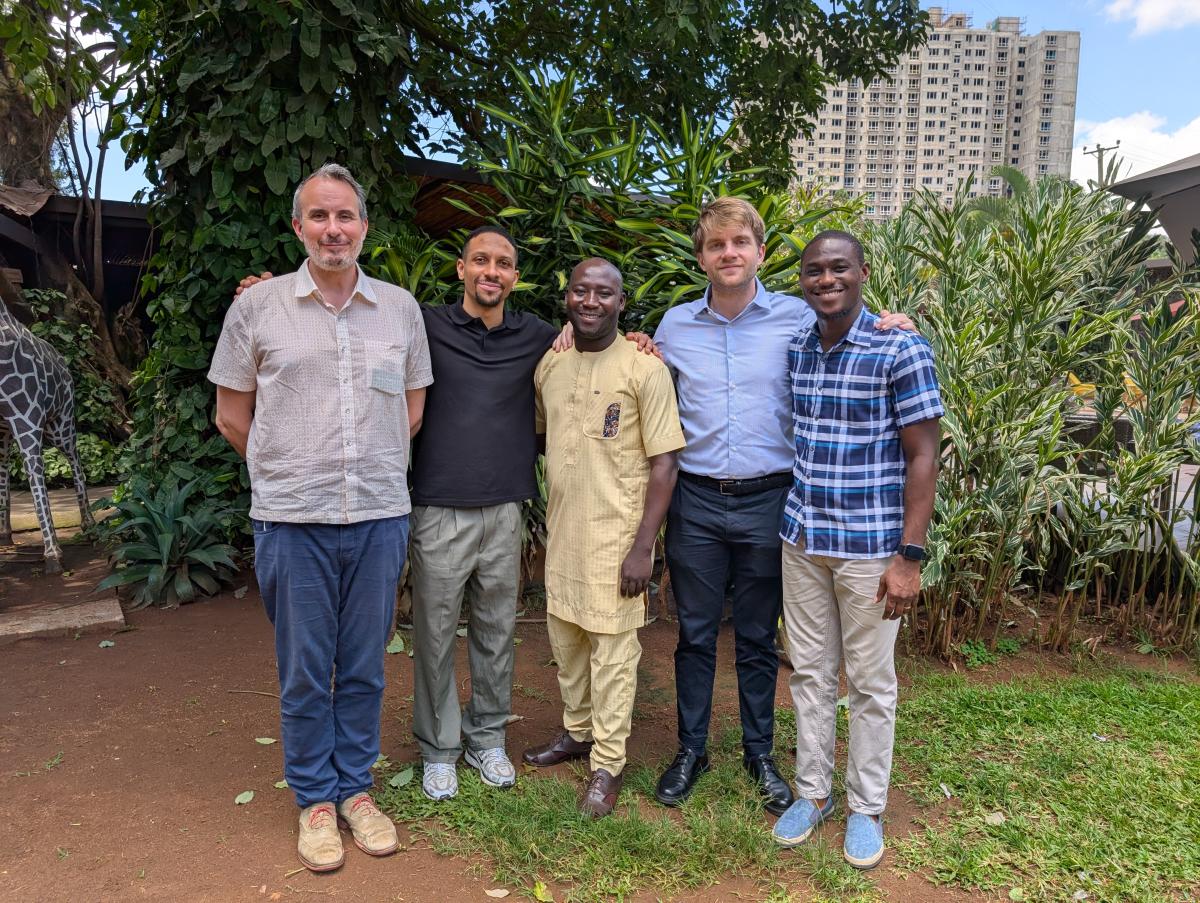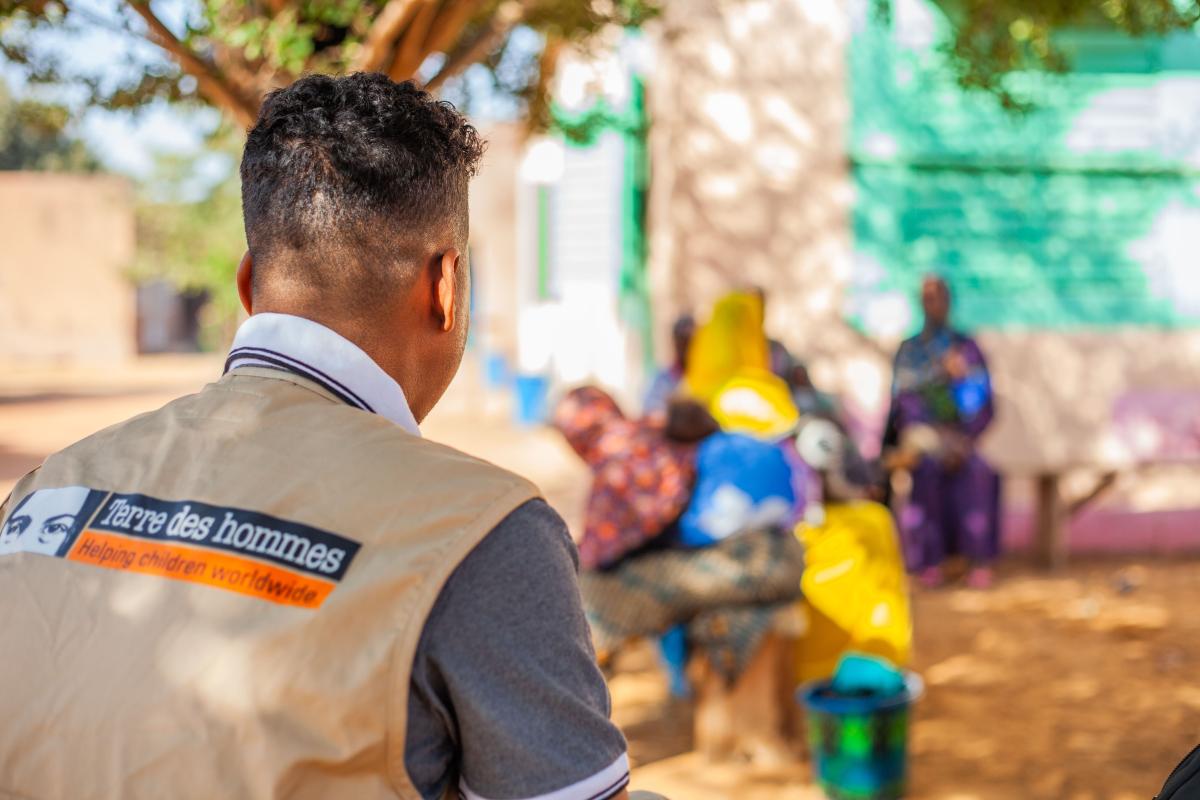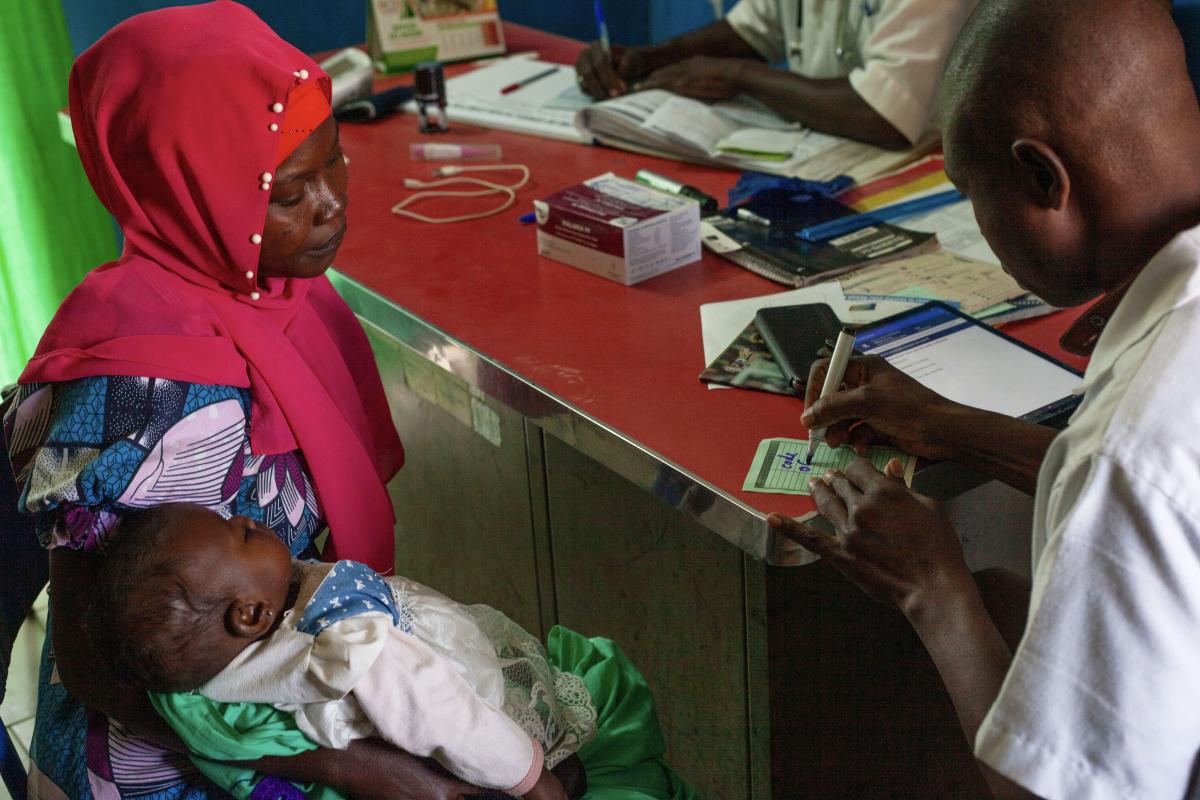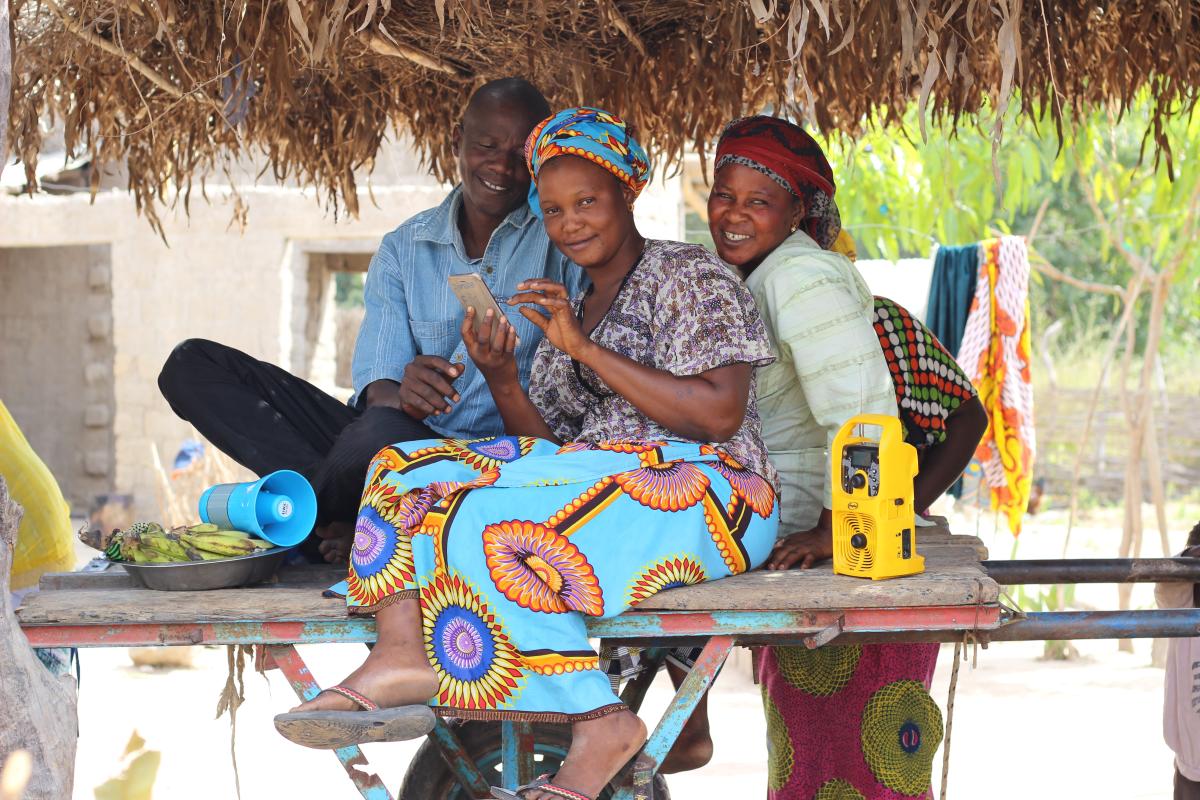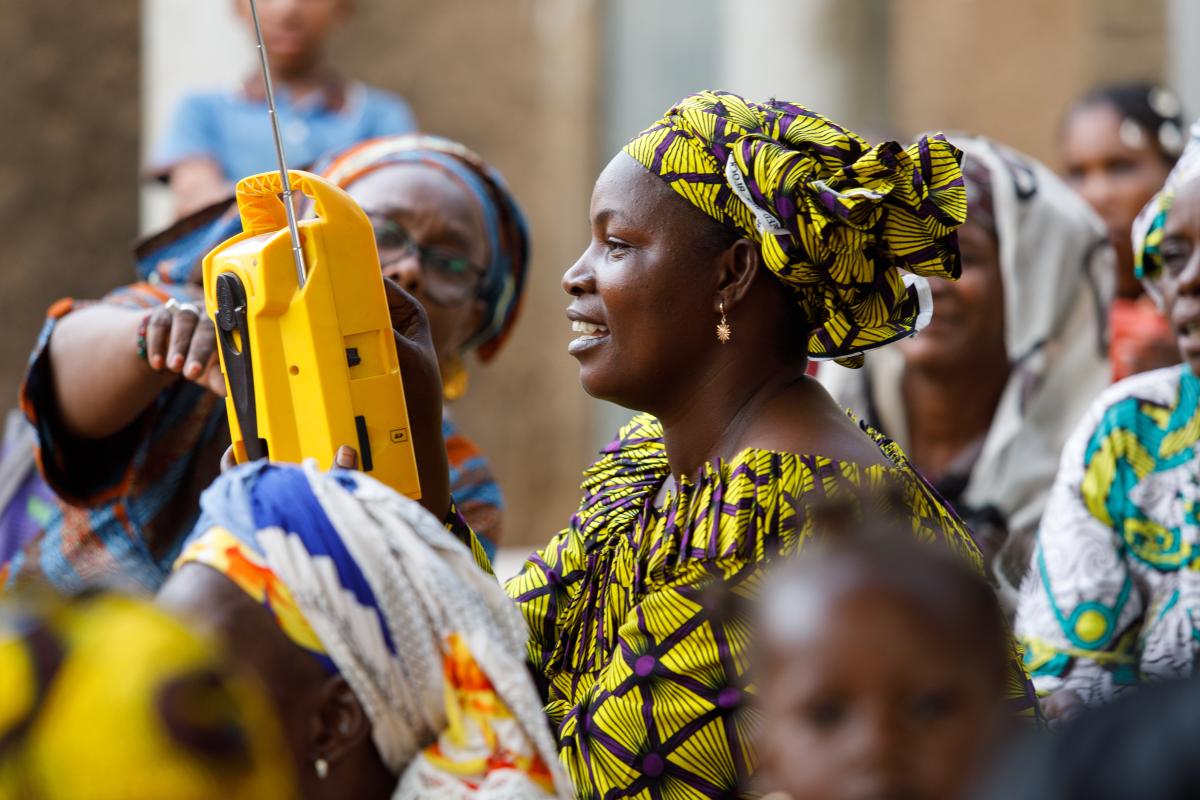Digital innovations in Mali and Uganda empowering communities through health and agriculture
As part of the Wehubit 2.0 programme, Enabel Innovation Hub launched a Call for Proposals in December 2023 to catalyse digital social innovations in response to the accelerating digitalisation of our societies. The focus was on scaling novel, proven solutions with the potential for meaningful and wide-reaching impact.
The Call prioritised disruptive innovations over incremental ones. This distinction was decided on factors such as risk, impact potential, and resource requirements. Ultimately, Wehubit sought innovations that not only address current challenges but also offer scalable, sustainable solutions, positioning Wehubit as a trusted partner throughout the innovation journey.
Following a rigorous selection process, 2 projects were chosen to begin their scaling trajectory in August 2024. This process will last between 12 and 24 months, during which the projects will receive financial and technical supports from Enabel Innovation Hub team. This support goes beyond financial aid, encompassing guidance on learning, capacity-building workshops and networking opportunities through events involving other Innovation Hub-supported initiatives funded by Belgium and/or the European Union.
Through this approach, Wehubit 2.0 aims to enhance the adoption and accessibility of digital solutions that foster inclusive and sustainable development, reduce inequalities, and empower people in Enabel’s partner countries. The 2 selected innovations are aligned with the strategic priorities of Enabel’s country portfolios and are ready to scale their impact.
Meet the 2 winners supported by Enabel Innovation Hub
1. ALeDIA, Mali
ALeDIA is a digital application designed to enhance child health in Mali. Implemented in health centres, it optimises the care of children under five by assisting health workers and improving the quality of care. The project aims to expand ALeDIA’s use, strengthen health workers’ skills, generate evidence of its impact, and support its large-scale deployment across Mali. This project is implemented by Terre des hommes (Tdh), a foundation established in 1960 and committed to improving the lives of children worldwide. With a focus on child health, justice, and migration, Tdh works to enhance access to quality care, especially for vulnerable populations in rural and semi-urban areas across Africa. The foundation’s work in childhood nutrition and healthcare aims to reduce preventable deaths and improve long-term health outcomes for children under five.
2. Longa, Uganda and Mali
Longa is a computer programme capable of understanding spoken Swahili and Luganda, helping farmers make their voices heard. Developed by Farm Radio International (FRI) in collaboration with the Consultative Group on International Agricultural Research (CGIAR), it transcribes, translates, and analyses voice messages from smallholder farmers.This enables FRI to better understand their needs and adapt its radio broadcasts accordingly. By expanding to other languages, Longa strengthens the autonomy of marginalised communities and improves communication between civic and policy stakeholders. This innovative tool enhances feedback mechanisms, promotes inclusivity, and contributes to a more food-secure future. This project is implemented by Farm Radio International, a Canadian non-profit organisation working with radio broadcasters to enhance food security and agricultural knowledge for small-scale farmers in African countries. By integrating innovation into its mission, FRI ensures that underserved communities receive vital information in their own languages.
Latest news from this project
No news
